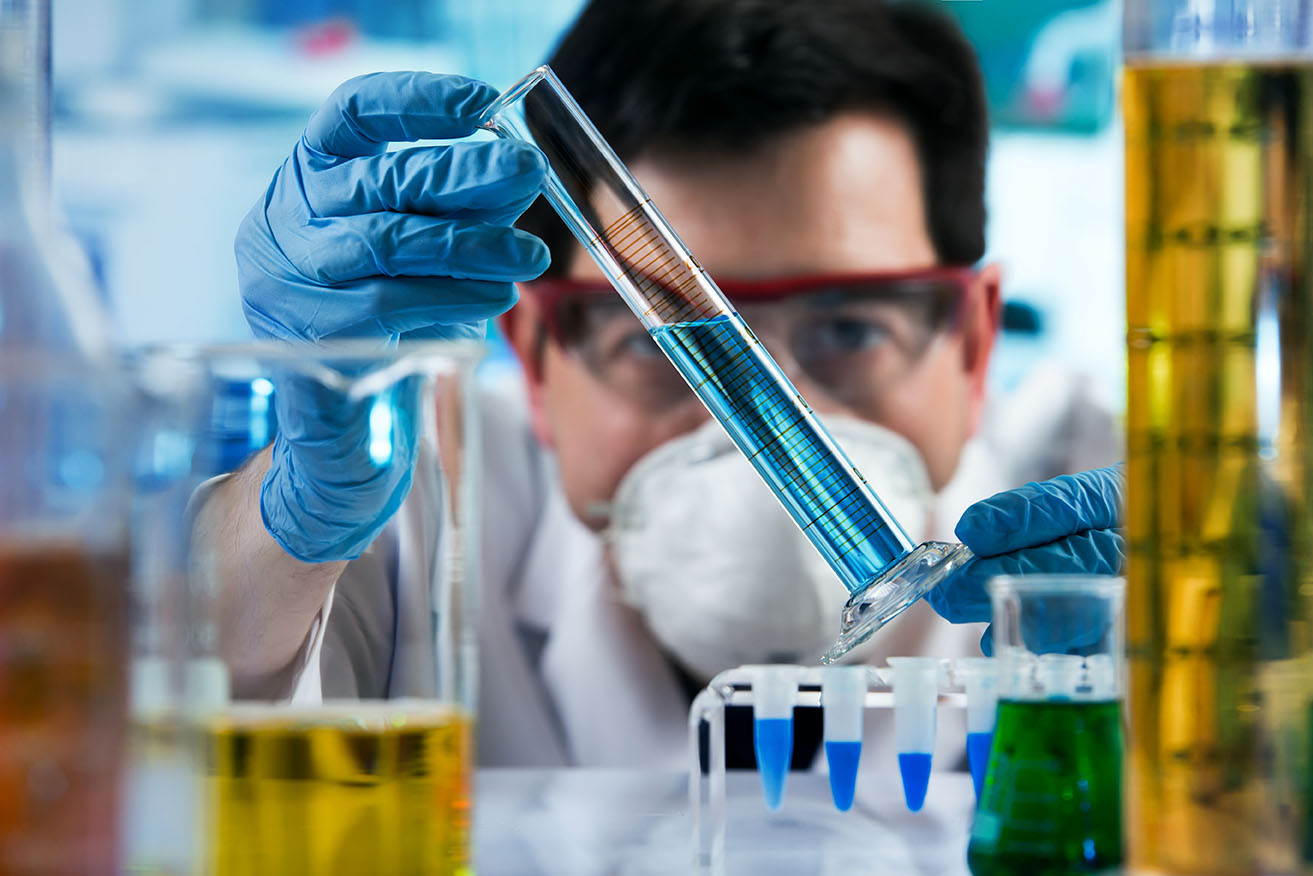

A chemical is a substance that has a definite composition and characteristic properties. Chemicals can be found in all parts of the world, and they are essential for life.
Chemicals are made up of atoms, which are the smallest units of matter. Atoms combine to form molecules, which are the basic units of compounds. Compounds can be made up of two or more different elements.
There are many different types of chemicals, and they can be classified into different groups based on their properties. Some common types of chemicals include:
Chemicals can be used to make a wide variety of products, including food, medicine, and clothing. They can also be used to create energy, and they are essential for many industrial processes.
Chemicals can be dangerous, and they should be handled with care. They can be harmful to your health if they are ingested, inhaled, or absorbed through the skin. It is important to read the safety labels on chemicals before using them and to follow the instructions carefully.
The chemical reaction produced a toxic gas.

Noun: chemical (plural: chemicals).
Adjective: chemical.
Verb: to chemicalize.
Adverb: chemically.
The word "chemical" comes from the Greek word "khēmikós", which means "of or relating to alchemy". Alchemy was a medieval practice that attempted to transform base metals into gold.
Why are some chemicals, such as those found in poison be very harmful and be some helpful?
Question:
What is a chemical bond?
Answer:
A chemical bond is a force that holds atoms together in a molecule. Chemical bonds are formed when atoms share or transfer electrons. The type of chemical bond that is formed depends on the number of electrons that each atom needs to complete its outer shell.
There are three main types of chemical bonds:
Ionic bonds: Ionic bonds are formed when one atom donates an electron to another atom. The atom that donates the electron becomes a positively charged ion, and the atom that receives the electron becomes a negatively charged ion. The oppositely charged ions are attracted to each other, forming an ionic bond.
Covalent bonds: Covalent bonds are formed when two atoms share electrons. The shared electrons are attracted to the nuclei of both atoms, holding the atoms together.
Metallic bonds: Metallic bonds are formed when metal atoms share their valence electrons with each other. The shared electrons form a "sea" of electrons that surrounds the metal atoms, holding them together.
Chemical bonds are essential for the formation of molecules, which are the basic units of matter. Chemical bonds also play a role in many chemical reactions, which are the processes by which substances change into new substances.